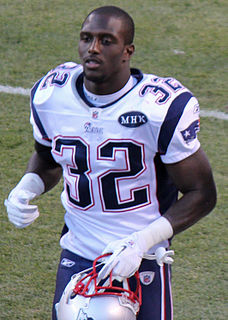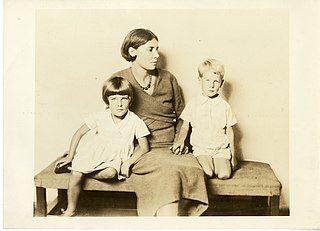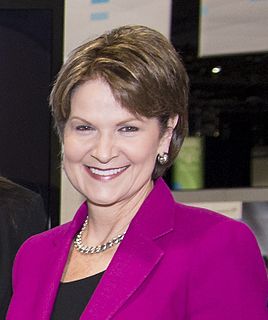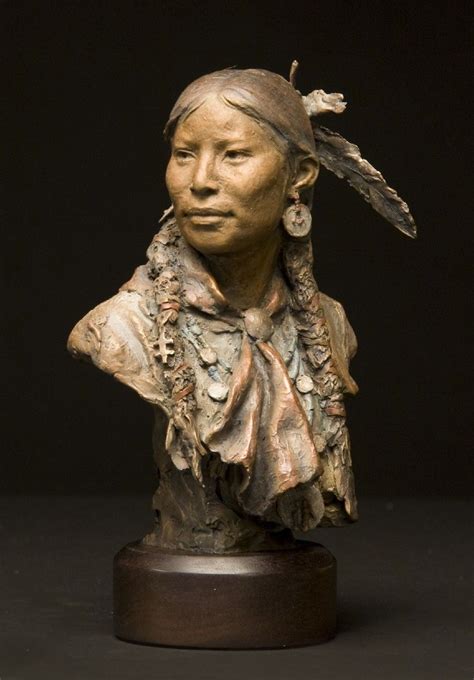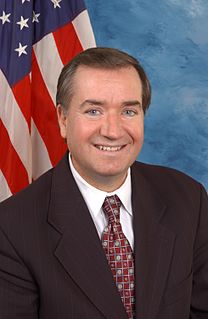A Quote by Devin McCourty
My father was in the Army. My older brother was in the Army. Those men and women go out there and put their life on the line. I respect that.
Related Quotes
What the army is doing is cleaning those areas, and the indication that the army is strong is that it's making advancement in that area. It never went to one area and couldn't enter to it - that's an indication. How could that army do that if it's a family army or a sect army ? What about the rest of the country who support the government ? It's not realistic, it doesn't happen. Otherwise, the whole country will collapse.
When I meet someone from the army background, there is an instant connection. We live in the best five-star hotels of the world, but outside my home I will be equally comfortable in any army cantonment or army guest house. Telling my friends that my father was in the army was like telling them that he is the second-richest man in the world.
There were 315,000 slave owners in the Union Army (with 200,000 in the Confederate Army) and the men who walked away from the Union Army were adamantly opposed to freeing slaves. We cite these facts and recorded statistics to point out that the principal cause of the war was not the issue of slavery.
My parents were incredibly strict. My father went through a stage where he'd line us up every Friday and cane our hands if we'd been naughty. And this was mainly to pull my brother into line. My brother is five years older and my sister's eight years older. He would use a little bamboo cane, which my brother saw most of.
The world and all its wisdom is but a booby, blundering school-boy that needs management and could be managed, if men and women would be human beings instead of just business men, or plumbers, or army officers, or commuters, or educators, or authors, or clubwomen, or traveling salesmen, or Socialists, or Republicans, or Salvation Army leaders, or wearers of cloths.
When it was reported to General Washington that the army was frequently indulging in swearing, he immediately sent out the following order: The general is sorry to be informed that the foolish and wicked practice of profane cursing and swearing - a vice little known heretofore in the American army - is growing into fashion. Let the men and officers reflect "that we can not hope for the blessing of heaven on our army if we insult it by our impiety and folly."
